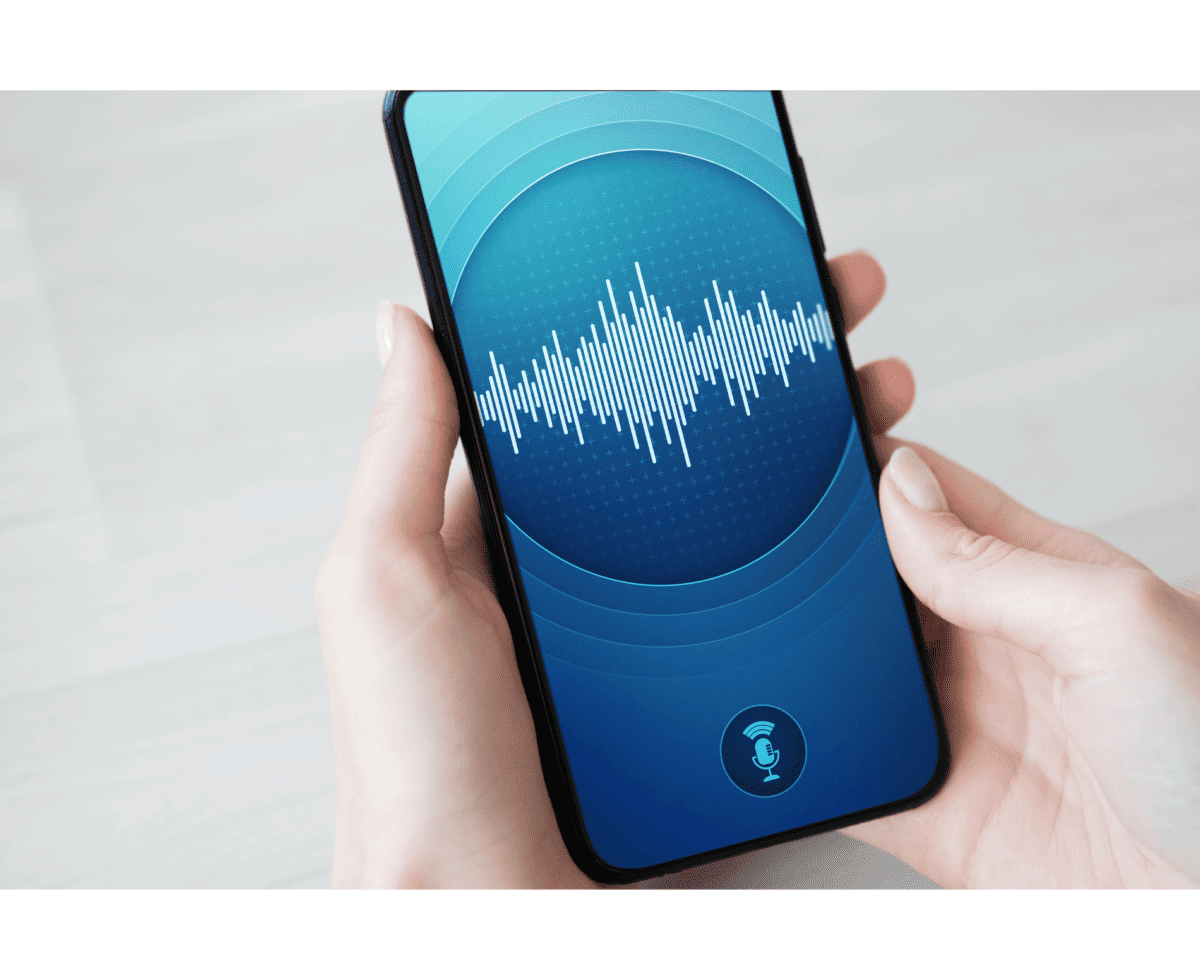Hearing loss is a common sensory impairment that affects millions of people worldwide, and it presents unique challenges in emergency situations. Individuals with hearing loss must take special precautions to ensure their safety during unforeseen events. In this article, we will explore the latest advancements in hearing loss prevention, diagnosis, and management, emphasizing the importance of early detection and offering valuable insights into how people with hearing loss can prepare for emergencies.
The Importance of Early Detection
Early detection of hearing loss is crucial for various reasons. Firstly, it enables healthcare professionals to identify the cause and extent of the hearing impairment. This, in turn, allows for more effective treatment and management strategies. Secondly, early detection can mitigate the potential psychological and social impacts of hearing loss. As individuals with hearing loss adapt to their condition, they can learn effective communication strategies and prepare for emergency situations more effectively.
Advancements in Hearing Loss Diagnosis
Recent advancements in hearing loss diagnosis have made early detection more accessible and accurate. Audiologists and hearing professionals now have access to advanced diagnostic tools and technologies, such as otoacoustic emissions (OAE) testing and auditory brainstem response (ABR) assessments. These techniques can detect hearing loss in infants and young children, enabling early intervention and support.
Regular Hearing Screenings
Routine hearing screenings are essential for individuals of all ages, but they are particularly crucial for those with a family history of hearing loss or occupational risks. Regular hearing evaluations should be part of an individual’s healthcare routine. These screenings can detect hearing loss early and provide opportunities for interventions and management. By identifying hearing loss in its early stages, it is easier to manage and prepare for emergencies effectively.
Hearing Aid Technology
For individuals with hearing loss, hearing aids have become a lifeline. The latest advancements in hearing aid technology have significantly improved their functionality and ease of use. Modern hearing aids are smaller, more discreet, and equipped with features that help users in emergency situations.
Wireless connectivity allows hearing aids to connect with smartphones and other smart devices, enabling users to receive important emergency alerts and communicate more effectively with emergency services. Many hearing aids can also adjust their settings based on the surrounding environment, providing clarity and safety during natural disasters or other emergency events.
Communication Strategies
Effective communication strategies are crucial for individuals with hearing loss to navigate emergency situations. It is essential to share these strategies with patients during routine visits. Some key communication techniques include:
Creating an emergency communication plan:
Individuals with hearing loss should discuss and develop an emergency communication plan with their family and close friends. This plan should include designated signals or gestures for important messages.
Carrying written communication cards:
Having pre-written cards with essential information can be immensely helpful in emergencies. These cards can include details about the individual’s hearing loss, any assistive devices they use, and preferred methods of communication.
Using smartphone apps:
There are several smartphone apps designed to assist individuals with hearing loss in emergency situations. These apps can provide real-time transcription of spoken words, offer emergency notifications, and facilitate text-based communication.
Staying informed about emergency services:
Being aware of the emergency services available in your area is vital. Make sure your patients know how to reach these services using text, email, or alternative communication methods.
Educating emergency responders:
Encourage individuals with hearing loss to inform their local emergency responders about their condition. This information can be crucial in ensuring effective communication during a crisis.
Futuristic Interventions
Looking ahead, futuristic interventions hold the promise of further enhancing the preparedness of individuals with hearing loss for emergencies. Research is ongoing in areas such as advanced cochlear implants, auditory brainstem implants, and regenerative therapies that may one day restore hearing. These groundbreaking innovations offer hope for a future where hearing loss may be significantly mitigated or even reversed.
In conclusion, individuals with hearing loss must take unique actions to prepare for emergencies. Early detection and management are essential, as they enable people to adapt, learn effective communication strategies, and take advantage of the latest advancements in hearing aid technology. Routine hearing screenings, combined with an emergency communication plan and knowledge of communication strategies, can significantly improve safety in times of crisis. As we look forward to the future, ongoing research and advancements in hearing loss treatment may hold the promise of even more effective interventions. By staying informed and taking proactive measures, those with hearing loss can confidently face emergencies and safeguard their well-being. As hearing professionals, it is our responsibility to guide and support our patients in this important journey.


